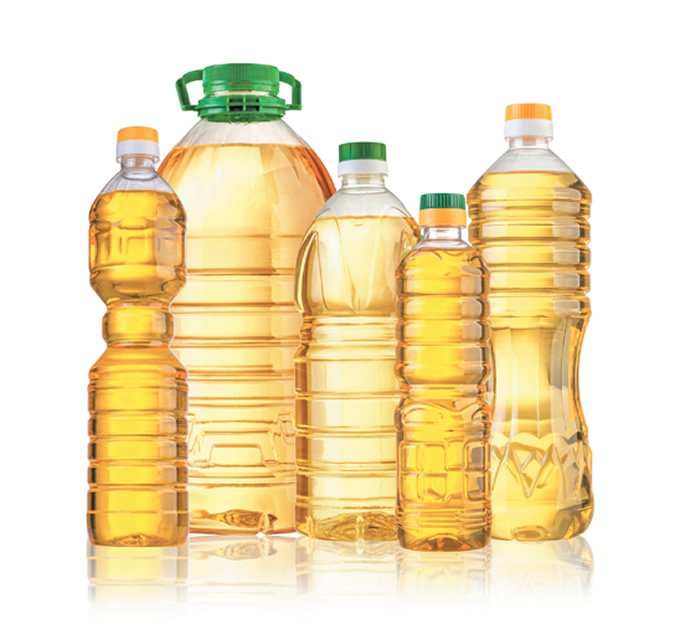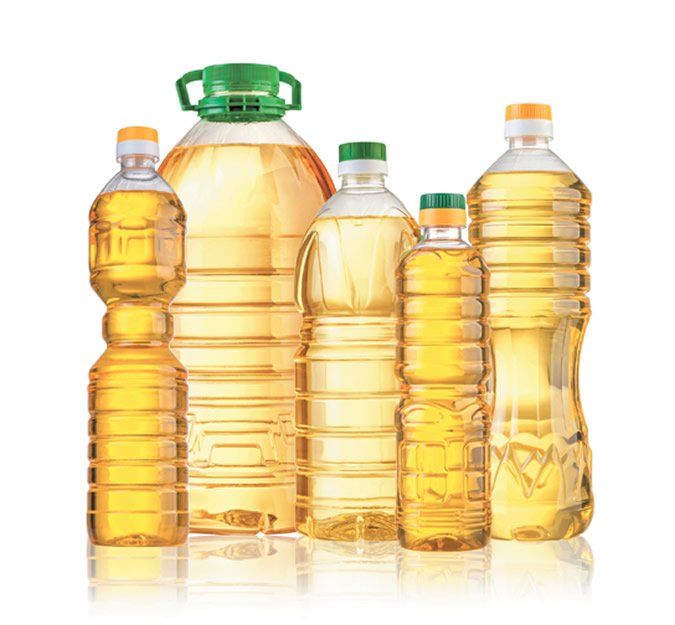
Image © alenkadr | Getty Images
A. Dongwan Zhu, a dietetic intern at the Frances Stern Nutrition Center, answers: “When it comes to choosing cooking oils, there are many different options. Here are the pros and cons of four popular cooking oils:
“Soybean oil is high in polyunsaturated fat, which can help reduce LDL cholesterol levels when used to replace saturated fat and lower risk of heart disease. The high smoke point (450 degrees Fahrenheit) makes soybean oil very versatile.
“Olive oil is rich in monounsaturated fat and polyphenols. Consumption of olive oil (in place of saturated fats) has been found to be beneficial for health within the context of a Mediterranean-style diet, especially for the prevention of heart disease. However, the relatively low smoke point (325 to 375 degrees Fahrenheit for extra virgin olive oil) makes it unsuitable for frying and baking.
“Canola oil has high levels of monounsaturated fat which are associated with reduced risk for heart disease when replacing saturated fat such as butter. It has a high smoke point (475 degrees Fahrenheit) so it can be used in frying, baking, and many other cooking methods.
“Coconut oil is promoted in the lay media as a heart-healthy fat. However, according to the American Heart Association, there is no scientific evidence that coconut oil has cardiovascular protective effects. It may actually raise LDL cholesterol levels, which has adverse effects on cardiovascular health. The oils discussed above are better choices.”
























